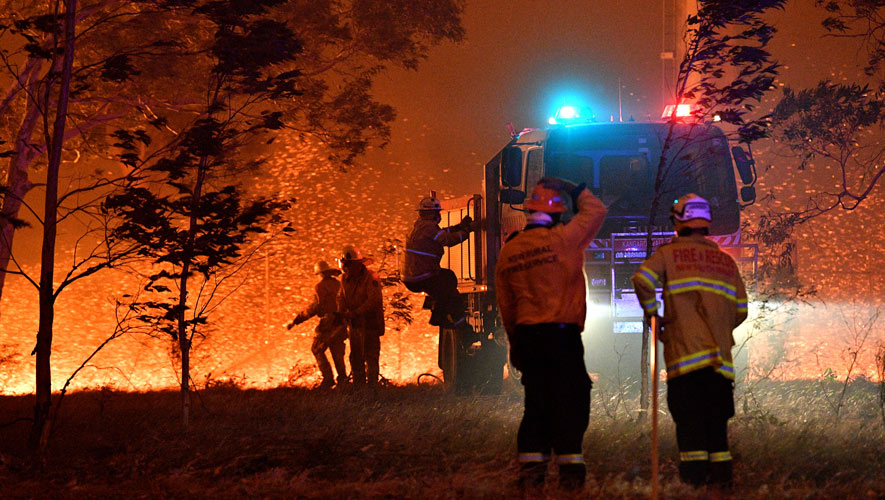On July 16, 2019, the US House of Representatives passed the “HR 526 Cambodia Democracy Act,” also known as the Cambodia Democracy Act of 2019. It was passed based on misleading information and even worse, ill-intention, ignoring the genuine democratisation process in Cambodia. In fact, it should be called “Hypocrisy Toward Cambodia Act”.
For the latest Cambodian Business news, visit Khmer Times Business
The bill blindly rejects the existence of a plural, multi-party democratic system in Cambodia. The fact of the matter is that Cambodia has always upheld multi-party democratic values as enshrined in the Cambodian constitution. Political contestation has been expanded and regular elections have been always organised since 1993.
Most recently, Cambodia successfully organised the Election of Commune/Sangkat Councils on June 4, 2017, with 12 parties registered and 7.8 million voters enlisted in the electronic system. On July 29, 2018, Cambodia also successfully held the National Election of the sixth Legislation of the National Assemble in a free, fair and inclusive manner. Twenty political parties took part in this election. Against the odds, the voter turnout reached a new height of 83.2 percent, compared to only 55 percent in the 2016 US presidential election. It was a true reflection of the people’s will.
Unfortunately, the bill states that in “all six elections since 1993, none is free and fair.” This is acceptable denial of the truth because even the 1993 UN-held election, known as UNTAC, was not considered free and fair. This is an illustrative example of American hypocrisy towards Cambodia. Cambodia must accept an inconvenient truth that we have not been able and will never convince countries that have pre-determined perception and ill-intention on this small state.
In fact, in all elections in Cambodia, there have always been international observers, including those from the US. In the 2018 election, which the US Congress called “neither free nor fair, and failed to represent the will of the Cambodian people”, there were 538 international observers monitoring the election, including those from the Centralist Democrat International, Assemlee Parlementaire de la Francophonie, the Civic Chamber, Shanghai Cooperation Organisation, International Conference of Asian Political Parties, Centralist Asia Pacific Democrat International, Asian Parliamentary Assembly and Asean Inter-Parliamentary Assembly. These observers all agreed that the election was peaceful, free and fair.
A simple question here is, who is better positioned to judge the free and fair elections in Cambodia? The international observers on the ground or those in Washington reading news about the Cambodian elections?
The Royal Government of Cambodia has also been accused of “restricting the freedom of speech and media.” The fact of the matter is that there are around 800 print media organisations, 70 online publications, 22 television stations, 330 radio stations and 38 journalist associations. Freedom space has been expanded by digital platforms, especially Facebook. Prime Minister Hun Sen and other Cambodian leaders, including myself, are active subscribers of this platform. Within this context, all the Cambodian people can directly channel their concerns and needs to the prime minister and policymakers.
The US bill reflects a long-standing political agenda of some Congressmen to use political coercion and economic sanction to delegitimise the ruling Cambodian People’s Party (CPP) and to destabilise Cambodia with the ultimate objective of triggering a regime change in the Kingdom.
Cambodia deserves every right to protect her sovereignty and independence provided by international law and norms as enshrined in the United Nations Charter. Non-interference, mutual respect and equal sovereignty are the core principles of international relations. We, in Cambodia understand that nothing is more valuable than freedom and independence. Cambodians have never taken their self-determination for granted.
Washington should stop using double standards to punish small states like Cambodia. If they continue to do so, they will meet with backlash. Countries that suffer similar hypocritical treatment and unfair punishment need to join hands and stand up to protect the UN Charter. We should not allow any major power(s) to bully us.
Let’s make it clear that despite being small, Cambodia will never kowtow to any interventionist power(s). Cambodia will never surrender its independence and sovereignty to get international support. And neither would other small states.
Cambodia is willing to build good relations with the US that is based on the principles of international relations, including non-interference, mutual respect and interest.
We also need to adhere to the universal values of justice, fairness, inclusiveness, and openness.
The US Congress should fairly treat Cambodia, putting human security and dignity ahead of narrow strategic lens of factoring China into its foreign policy toward Cambodia.
Sous Yara is a member of parliament and a vice-chairman of the CPP’s Commission for External Relations




